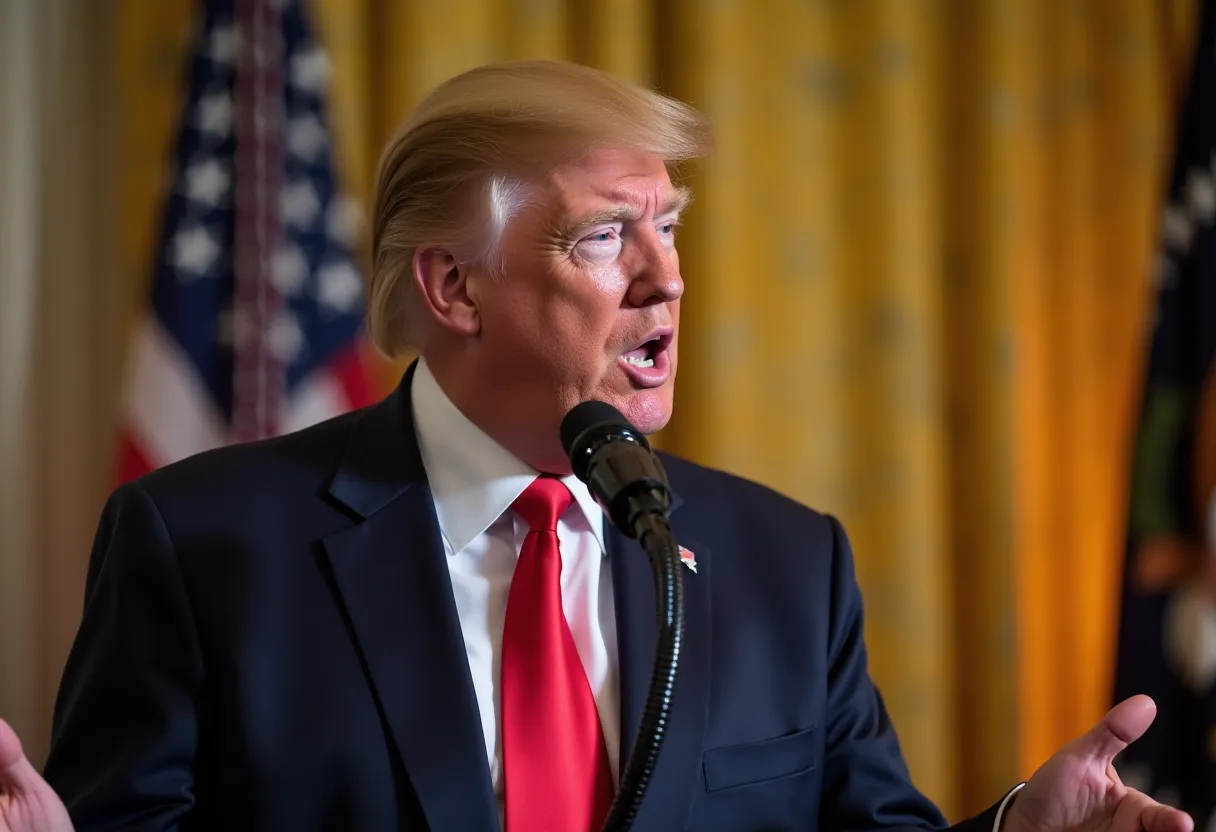Eric Trump Advocates Bitcoin for Classless Financial System
In recent discussions surrounding the future of finance, Eric Trump has emerged as a notable advocate for Bitcoin, emphasizing its potential to create a more equitable financial landscape. He argues that cryptocurrency can serve as a powerful tool to bridge the economic divide between different social classes. This article delves into Eric Trump’s views on Bitcoin, the implications of a classless financial system, and the broader impact of cryptocurrency on society.
The Vision of a Classless Financial System
Eric Trump believes that the traditional financial system is rife with disparities that hinder individuals from achieving their full potential. He perceives Bitcoin as a revolutionary medium that can democratize finance by eliminating barriers that often favor the wealthy. According to him, the current banking infrastructure perpetuates economic inequality, making it challenging for the underprivileged to access essential financial services.
Key points of Eric Trump’s argument include:
Breaking Down Barriers
The traditional banking system often imposes significant barriers to entry, particularly for lower-income individuals. High fees, credit scores, and stringent regulations can exclude many from participating in the financial ecosystem. Eric Trump posits that Bitcoin can help dismantle these barriers, offering a solution that empowers individuals to take control of their financial destinies.
By utilizing Bitcoin, individuals can bypass the limitations imposed by conventional banks. They can store value, transfer funds, and engage in commerce without the need for intermediaries. This not only promotes financial inclusion but also encourages entrepreneurship and innovation.
The Role of Bitcoin in Economic Empowerment
Eric Trump’s advocacy for Bitcoin extends beyond mere financial transactions. He envisions a future where cryptocurrency can be a catalyst for economic empowerment. By providing individuals with access to decentralized financial services, Bitcoin can help level the playing field and create opportunities for all.
Potential benefits of Bitcoin for economic empowerment include:
Bitcoin and the Future of Finance
As the world continues to evolve, so too does the financial landscape. Eric Trump believes that Bitcoin represents a significant shift in how we perceive and interact with money. The potential for a classless financial system not only addresses inequality but also redefines the very essence of currency and value.
The rise of Bitcoin has already begun to disrupt traditional financial systems. More people are recognizing the advantages of cryptocurrency, leading to increased adoption and acceptance. This trend raises important questions about the future of banking and the role of governments in regulating digital currencies.
The Challenges Ahead
Despite the optimistic outlook surrounding Bitcoin, there are challenges that must be addressed. The volatility of cryptocurrency markets can deter potential users, while regulatory uncertainty poses risks to widespread adoption. Eric Trump acknowledges that for Bitcoin to achieve its transformative potential, these issues must be navigated carefully.
Challenges facing Bitcoin adoption include:
Conclusion
Eric Trump’s advocacy for Bitcoin highlights a growing movement towards a more equitable financial system. By embracing cryptocurrency, individuals can transcend traditional barriers and gain access to a wealth of opportunities. The vision of a classless financial system, where access to financial resources is not determined by social class, resonates strongly in today’s economic climate.
As the conversation around Bitcoin continues to evolve, it is crucial for stakeholders—governments, financial institutions, and users alike—to collaborate in shaping a future that prioritizes inclusivity and empowerment. While challenges remain, the potential for Bitcoin to redefine finance and promote economic equality cannot be overlooked. In this rapidly changing landscape, Bitcoin stands as a beacon of hope for a more equitable world.






